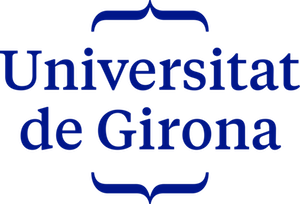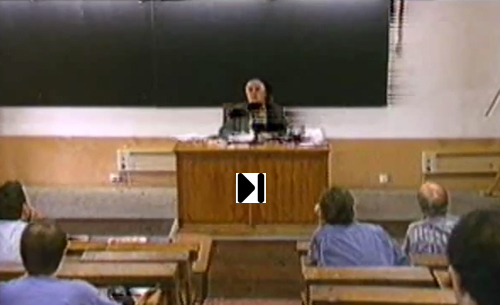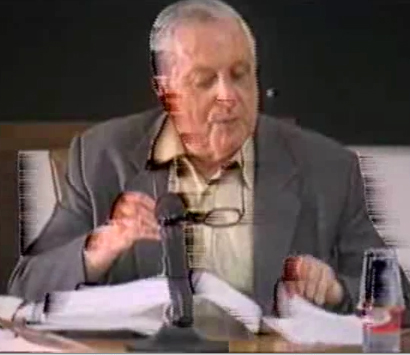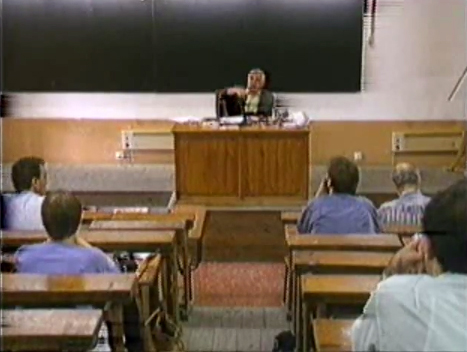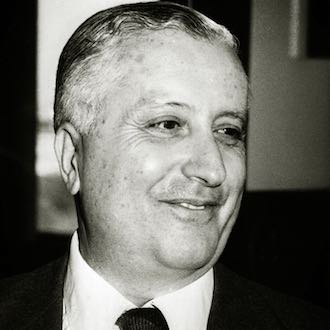
Ilya Prigogine
El Prof. Ilya Prigogine (Moscou 1917-Brussel·les 2003) va ser un prestigiós químic belga d’origen rus. Premi Nobel de química, el 1977, per les seves aportacions a la termodinàmica, les quals el conduiren a la formulació del concepte d’estructures disipatives. També va destacar en el camp de la filosofia de la ciència.
Programa
TIME, CHAOS AND THE QUANTUM TOWARDS THE RESOLUTION OF THE TIME PARADOX
Del 9 a l’11 de juny de 1993
Time is the fundamental dimension of our existence. Through the ages, it has fascinated artists, philosophers and scientists. It was its incorporation into the conceptual scheme of Galinean physics that marked the origins of modern science. But this success is also the starting point of the problem which is at the center of these lectures, the denial of the arrow of time. Time as incorporated in the great laws of physics from classical dynamics to relativity and quantum physics does not include any distinction between past and future! For many physicists it is today a matter of faith: as far as the fundamental level of description is concerned there is no “arrow of time”.
Yet, in all the phenomena we deal with, be they in the field of macroscopic physics, of chemistry, of biology, of human sciences, future and past play different roles. Here the arrow of time is obvious. How can the arrow of time emerge from the basic conceptual scheme of physics? How can it emerge from a time-symmetrical world? Or is time as we perceive it an illusion? The central subject of these lectures will be to the paradox of time, its history and the description of the recent methods which permit to overcome it.
Cliqueu aquí per baixar-vos el programa en pdf.
Audiovisuals
Clicant a la imatge podreu veure un enregistrament del seminari de Ilya Prigogine a la nostra Càtedra.
